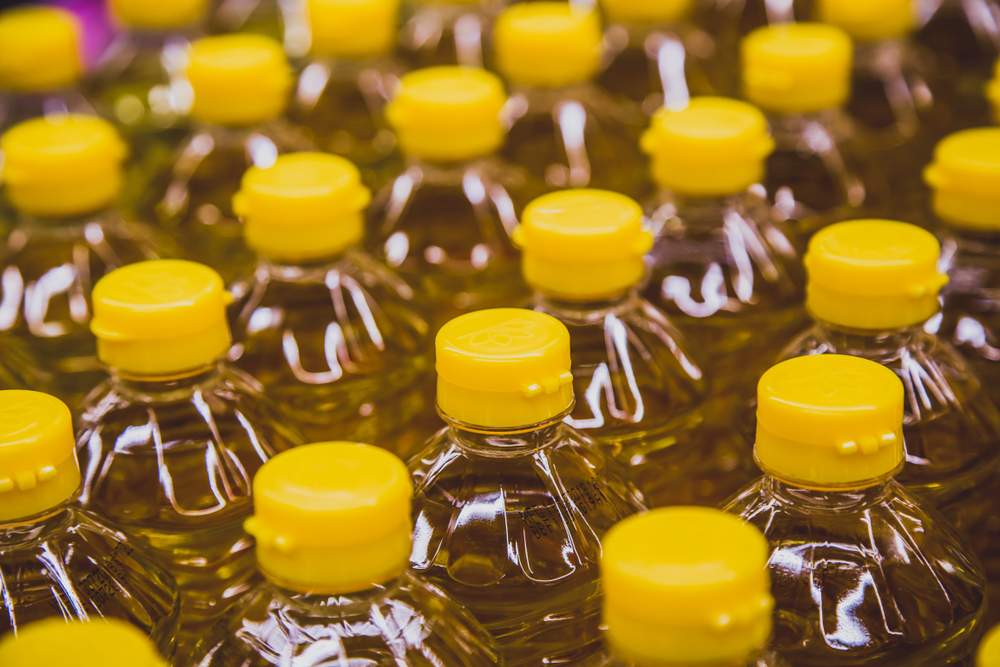
Check Your Fat – Inflammatory Oils
My family started a huge remodel on our house in January of this year. Since then, and since COVID, my family has lived in 6 different places. My kids were set to go to school, then they weren’t, and now they’re back in school (sort-of). Every time we get settled there’s another big change. Most days I just do my best and focus on just one step at a time.
But I’m starting to settle in with winter and lately started to notice that I’m not really feeling awesome. My joints are a little sore, I’m more tired throughout the day and my thinking doesn’t seem very clear. I’m feeling, in a word – inflamed.
Are you noticing signs of inflammation too?
Lack of sleep, increased stress, and poor diet choices are all contributors to inflammation. If you’re affected by smoke from fires like we have been in Colorado that’s also going to contribute to inflammation. Changing all of those things seems huge and hard. Luckily, we don’t need to make humungous changes to start to turn down inflammation.
I often talk with people about what they’re eating. (Even people who aren’t clients feel compelled to share this when they know I’m a nutritionist.) Nearly everybody eats a salad for lunch or dinner every day. Maybe they do, and maybe they just say they do, but I think it’s safe to say that most people know that eating a salad is good for you. What I think is less well known is that what goes on top of the salad can actually be inflammatory. Yep, the salad dressing.
Friends, in the interest of moving forward in health with just one step … Check your fat.
Or in this case, oils. I’m referring specifically to PUFA – PolyUnsaturated Fats. (pronounced “poofa”). Doesn’t that just sound inflammatory?
What are Polyunsaturated Fats?
These are a general type of unsaturated, meaning, liquid at room temperature, fat. The “poly” refers to the number of bonds in the molecular structure.
They’re found naturally in nuts, seeds and fish.
You can also find them in salad dressings, mayonnaise, crackers, potato chips, and store-bought pastries.
Fats that are part of whole food sources – the nuts, seeds and fish – are awesome. When we start pulling the fats out and bottling them up through man-made manufacturing we start to run into trouble. These are the industrial seed oils:
- Soybean oil
- Safflower oil
- Grapeseed oil
- Sunflower oil
- Cottonseed oil
- Rice bran oil
- Corn Oil
- Canola oil (mostly monounsaturated but processed like a PUFA)
Why are processed oils inflammatory?
Heat & Added Chemicals
The process of getting the oils out of nuts and seeds exposes them to heat and pressure. High heats break down those double bonds and the fats oxidize or go rancid. The result is a foamy sludge that has to be refined to remove color, odor and bitterness by using more heating and/or chemicals, like bleach. Finally, the oil is deodorized with more heat.
The chemically processed oil is now a fat source that is unstable and full of added chemicals and promotes inflammation and oxidative stress when you eat it.
Oxidative stress is in the body is a chemical term that describes an imbalance:
We have too many free radicals – molecules floating around that need an electron, and not enough antioxidants – molecules to donate an electron.
The resulting oxidative stress has an inflammatory effect on every cell in your body, so its effects are widespread. In this way, polyunsaturated fats from industrial seed oils contribute to inflammation that creates symptoms of fatigue, muscle and joint pain, wrinkles and grey hair, headaches, susceptibility to infections and imbalanced metabolism.
How do I get unhealthy polyunsaturated fats out of my diet?
The good news is you can pretty simply replace these industrial seed oils in your diet without making grandiose and stressful changes.
- Replace your unhealthy PUFA industrial seed oils with unfiltered and unrefined oils, such as olive, avocado, or flax oil.
- If you’re cooking with high heat, use solid fats, such as butter, ghee or coconut oil.
- Make your own salad dressing, like the simple recipe below.
- Check your packaged food favorites. Especially chips, crackers, pre-popped corn or granola bars.
- Here are some of our favorite brands with safe oils:
-
- Jackon’s Honest chips
- Boulder Chips, look for the varieties cooked in avocado, olive or coconut oil
- Lesser Evil popcorn
- Siete grain-free tortilla chips
- Primal Kitchen mayonnaise, dressings and sauces
- Purely Elizabeth bars and granola
- Larabar
-
I’m settled back into my house now and I’m feeling more grounded, but I am not ready for more major changes. So, I’m making small changes and moving just one step at a time.
Take a look in your pantry. What small step can you make to decrease inflammation in your body?
Turmeric Ginger Salad Dressing
About 2 servings
3 TB unrefined olive oil
1 TB apple cider vinegar
2 tsp ground turmeric
½ tsp ground ginger
Touch of local or manuka honey, start with 1 tsp and increase to taste (optional)
Mix all the ingredients together in a blender or shake vigorously in a mason jar with a lid.
Resources:
Chris Kresser: https://chriskresser.com/how-industrial-seed-oils-are-making-us-sick/
How Products are Made: http://www.madehow.com/Volume-1/Cooking-Oil.html
Dr Cate Shanahan: https://drcate.com/list-of-good-fats-and-oils-versus-bad/
Mark Hyman: https://drhyman.com/blog/2016/01/29/why-oil-is-bad-for-you/
Disclaimer: Nutrition therapy is not intended as a diagnosis, treatment, prescription, or cure for any disease, or as a substitute for medical care. Jen Marshall and Stacy St Germain are not licensed medical providers. Nutrition plans are not intended as a substitution for traditional medical care, nor should be interpreted as medical advice, but instead is an adjunctive and supportive therapy.
